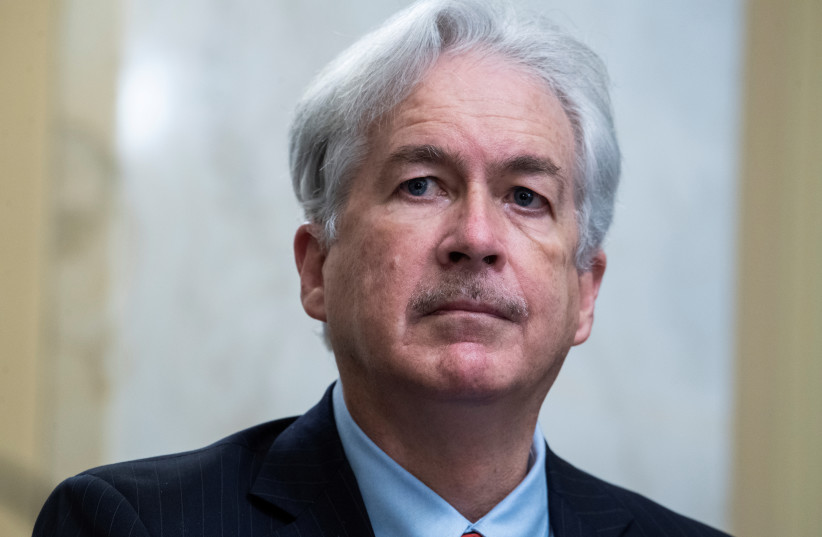The United States expressed optimism about a potential Gaza hostage deal, as Hamas said it was reviewing a three-stage proposal and as coalition parties threatened to bring down the government over the matter.
“We are making progress on trying to get an extended pause in place, so we can get those hostages out,” US National Security Council spokesman John Kirby told reporters on Air Force One en route to Florida.
He spoke one day after Qatari Prime Minister Mohammed Al Thani met with US Secretary of State Antony Blinken in Washington. US National Security Adviser Jake Sullivan met on Tuesday with visiting officials from Qatar, the White House said.
Qatar, together with Egypt, has played an intermediary role in trying to gain the release of the remaining 136 hostages out of the 253 captives seized during the Hamas massacre in southern Israel on October 7.

Deal to include three stages
A senior Hamas official said the proposal involved a three-stage truce, during which the group would first release remaining civilians among hostages, then soldiers, and finally the bodies of hostages that were killed. Some media outlets have speculated that a deal could be reached that could see releases as early as next week.
The official, who spoke on condition of anonymity, did not indicate how long the three stages would last or what was envisioned to follow the final stage.
But it was the first time since the collapse of the only brief truce of the war so far, in late November, that details were released of a new proposal being considered by both sides.
In a mark of the seriousness of the negotiations, Hamas chief Ismail Haniyeh said he was going to Cairo to discuss it, his first public trip there for more than a month.
But Israeli Prime Minister Benjamin Netanyahu repeated his vow not to pull troops out of Gaza until “total victory,” a reminder of the huge gap in the public stances of the warring sides about what it would take to halt combat even temporarily.
Netanyahu is under pressure from Israel’s closest ally, the United States, to chart a clear path towards ending the war and domestically from relatives of hostages who worry that negotiations are the only way to bring them home. But far-right parties in his ruling coalition say they will quit rather than endorse a deal to free hostages that left Hamas intact.
Hamas leader Haniyeh, who is studying the proposal, said the priority for Hamas was to end the Israeli offensive – now in its fourth month – and secure a full pull-out of Israeli forces from Gaza, Haniyeh said.
Netanyahu, speaking during a visit to the West Bank settlement of Eli, said: “We will not compromise on anything less than total victory. That means eliminating Hamas, returning all of our hostages, and ensuring that Gaza will no longer pose a threat to Israel.”
Until then no Palestinian prisoners will be freed from Israeli jails, Netanyahu said.
The Prime Minister’s Office published a statement underscoring that Netanyahu’s positions have been consistent, “the war will end only when all its goals are achieved, the IDF will not withdraw from the Strip and thousands of terrorists will not be released.”
It stressed that publications that “a so-called agreement” was reached based on the release of security prisoners are not true. “The issue was not discussed at all,” it said.
Sami Abu Zuhri, another senior Hamas official, said Netanyahu’s comments “prove he isn’t interested in the success of the Paris meeting and doesn’t care about [Israeli] prisoners’ lives.”
Neither Hamas nor Israel has publicly backed away from their redlines, which for Israel is its insistence that the IDF must remain in Gaza and the war must continue until the terrorist group is ousted from the Strip. Hamas, in turn, is insisting that any deal must include a permanent ceasefire and an IDF withdrawal from Gaza.
The possibility of a deal rests on the ability of negotiators to find slight flexibility for a deal that would include a pause to the war, the release of Palestinian prisoners, and the increased entry of humanitarian assistance into the enclave.
